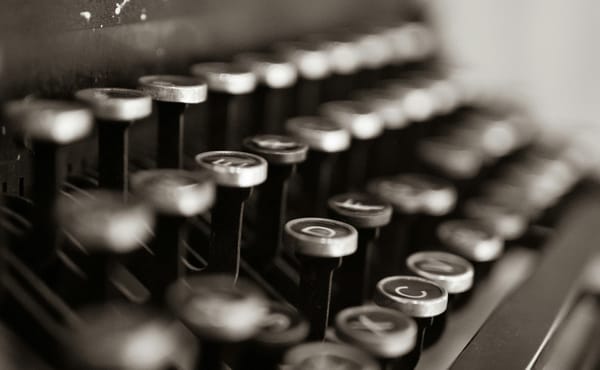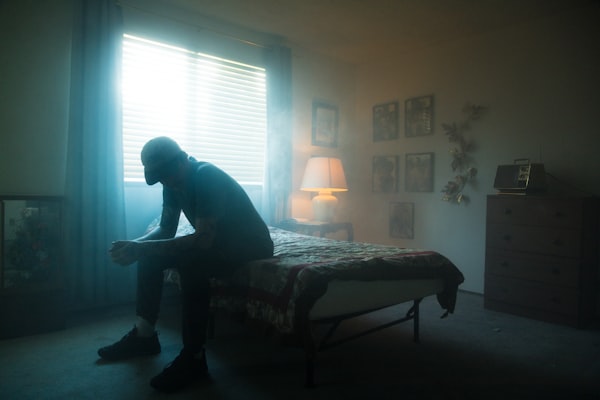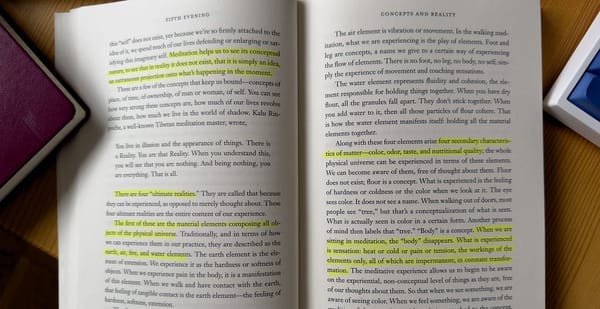The Secret Language of Polari
Until 1967 in the UK, homosexuality was illegal, and gay men used a secret language to be able to communicate with one another and remain undetected. This is the story of the secret language of Polari
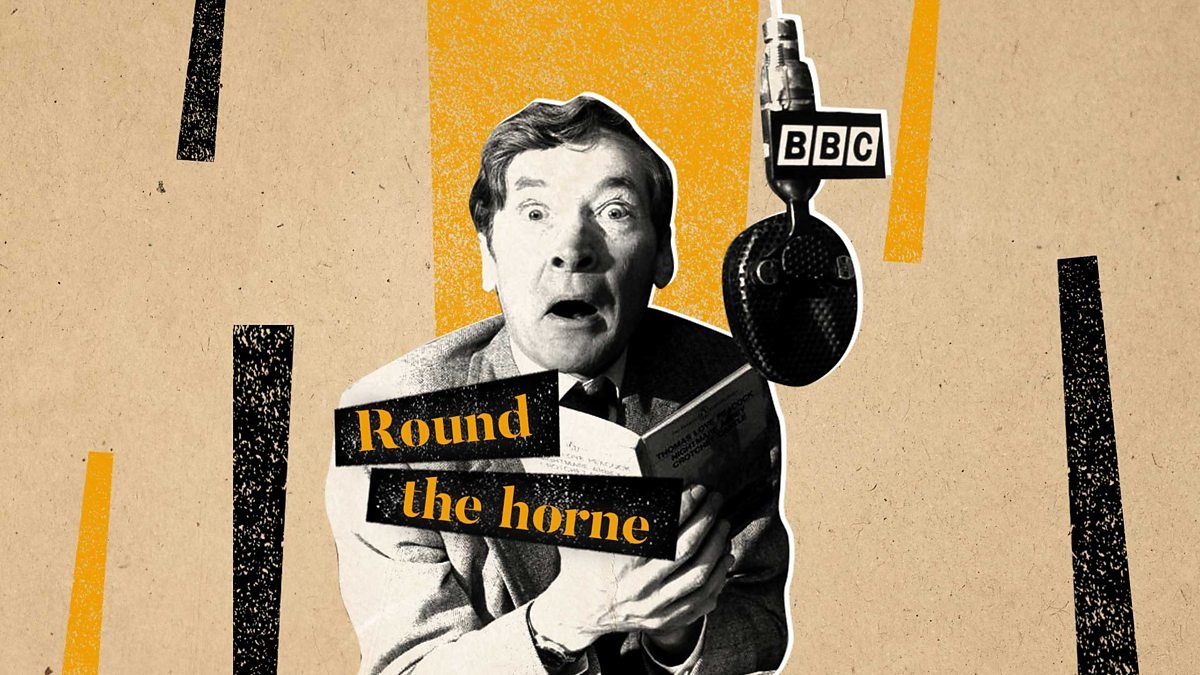
The problem with a secret language (and I’m going to call it a language for the purpose of this essay) — but the truth is that the secret language is just that, a secret. And ever since the late 60s Polari as also been a dying language. And it’s in danger of dying, and taking its secrets along with it.
Before I continue, I want to credit Paul Baker, on his incredibly detailed book, and the inspiration for this piece, ‘Fabulosa! The Story of Polari, Britain’s Secret Gay Language’. This book has been the primary source of information for this essay, and if you want to learn more on Polari and testimonies from people who still speak in talk about the days when it was commonplace, I encourage you to give it a read.

Polari, in the form that this essay will discuss originated in the 1800s and was used by various marginalised communities, including sailors, circus performers, and criminals, as a way of communicating covertly and avoiding detection. In the mid-20th century, it was adopted by some gay men as a secret language for use in public spaces. However, after the legalisation of homosexuality in the UK, the language became less relevant. However, there are some aspects of Polari that, still thrive in modern language today.
Origins
Though I will be referring to Polari as a language, many academics who have studied this seem to agree that Polari isn’t actually a language per se, but a form of cant slang. The dialect itself is an articulated soup of Italian, Romani (spoken by the Romani traveller community), Yiddish and London (cockney) slang.
Interestingly, and according to the research in Baker’s book,
“Cant was used by criminals in the sixteenth to the eighteenth centuries, although its roots have been traced back as far as the eleventh century, when under conquest by the Normans some Saxons became outlaws and robbers, with their language reflecting that of a conquered class and continuing for centuries afterwards with little change.” (Baker, Paul. Fabulosa! The Story of Polari, Britain’s Secret Gay Language (p. 34). Reaktion Books. Kindle Edition.)
Vocabulary, Grammar, and Pronunciation
The vocabulary, grammar, and pronunciation of Polari are unique and distinct from standard English, creating a sense of community and shared identity among those who used it.
The vocabulary of Polari consists of a mix of foreign words, rhyming slang, and words literally made up by the users of the language. For example, “trade” refers to a sexual partner, “butch” means masculine, and “naff” means uncool or unattractive. Polari also includes words that were not commonly used in standard English, such as “bona” which means good, and “lallies” which means legs. These unique words and phrases allowed users to communicate without fear of being understood by outsiders.
The vocabulary that was born from Polari endures today, in the 1990s when I was at school, calling something “naff” was a common term. As a fan of RuPaul’s Drag Race, I often find myself listening to podcasts with previous Queens who have participated in the show, and I heard them describe men as “trade” and it wasn’t until I did my research on this topic that I realised this word also originated from Polari.
The grammar of Polari is also distinct from standard English. The language often involves the reversal of standard word order and the use of non-standard conjugations and declensions. For example, in Polari, the sentence “I’m going to the bar” would be rephrased as “To the bar I’m going”. This unique grammatical structure contributes to the distinctiveness of the language and adds to the sense of community among its users.
The pronunciation of Polari is characterised by a distinctive accent that often incorporates a lisp, reminiscent of the exaggerated speech patterns commonly associated with camp and drag. This accent is an important part of the language, helping to identify users and adding to the overall sense of community.
Examples:
- Bona — good or attractive
- Camp — overly dramatic or theatrical
- Cod — a nonsense phrase or story
- Eke — face
- Riah/Riha — Hair
- Lallies — legs
- Naff — unattractive or unfashionable
- Omi — man
- Palone — woman
- Trade — a sexual partner
- vada — to look at or examine
- Wallop — food
- Zhoosh — to make more attractive or stylish
- Basket — underwear
- Bona Box — a good looking man
- Butch — masculine or manly
- Drag — clothing worn to impersonate a different gender
- Trade School — a place where gay men meet for casual sex
- Zhoosh Up — to make oneself look more attractive.
It’s important to note that the use of Polari was not widespread and the vocabulary varied between users, but these are some commonly used examples.
Cultural Impact
The cultural impact of Polari can be seen in the way that it helped to shape the identity of gay men in Britain. The language provided a way for gay men to communicate and connect with each other, creating a sense of community and shared identity. This sense of community was particularly important in a time when homosexuality was illegal and widely stigmatised, and Polari provided a safe space for gay men to express themselves and connect with others who shared their experiences.
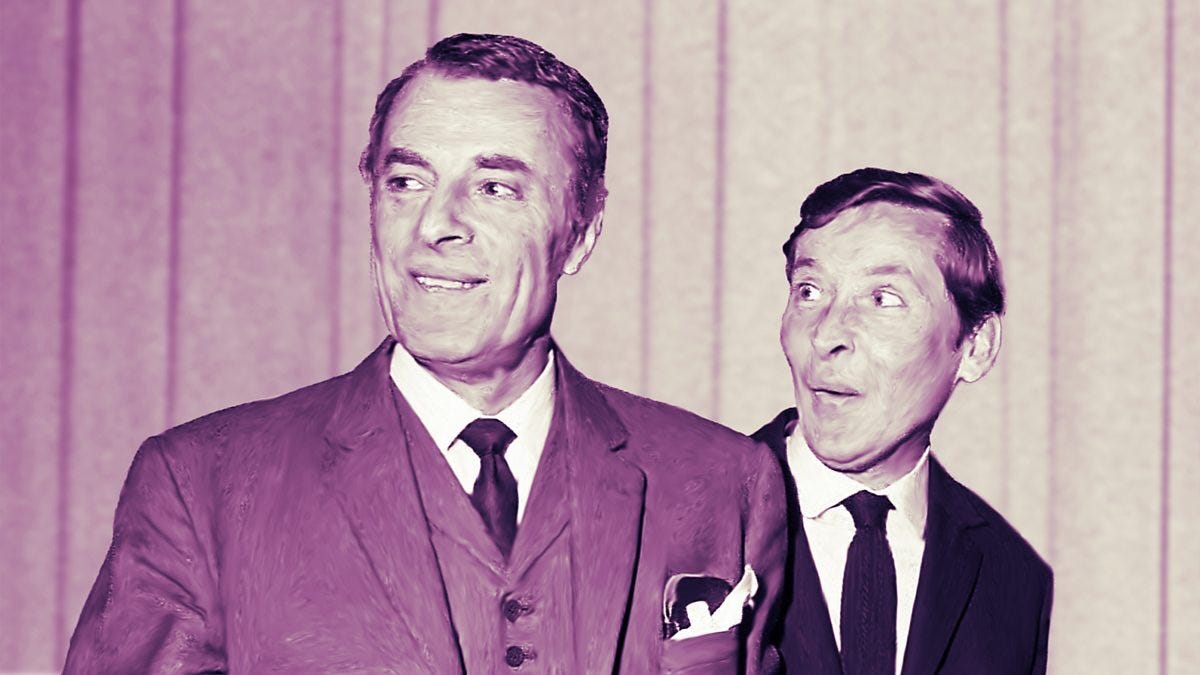
The legacy of Polari can also be seen in the way that it influenced the development of LGBTQ+ terminology and language. Many of the words and phrases used in Polari have since become a part of the broader LGBTQ+ lexicon and are used to describe aspects of gay culture and identity. For example, the word “camp” is used to describe a flamboyant or exaggerated style of dress or behaviour that has its roots in Polari. Similarly, the word “butch” is used to describe a masculine style or attitude and has its roots in the Polari word “butch” meaning “masculine”.
It should be noted that some words that originated from Polari, in particular the word “camp”, may be seen as an offensive term to some in the LGBTQ+ community.
The cultural impact and legacy of Polari can also be seen in the way that it has been depicted and represented in popular culture. The language has been featured in various forms of entertainment, including stage plays, television shows, and movies. For example, the BBC radio series “Round the Horne” starring Kenneth Horne, Kenneth Williams, Hugh Paddick and Betty Marsden. The series featured a character named Julian and his friend Sandy, who used Polari as a means of communicating and exchanging double-entendres. This representation helped to bring the language and the experiences of gay men into the mainstream and helped to raise awareness of the importance of Polari in shaping the LGBTQ+ community.
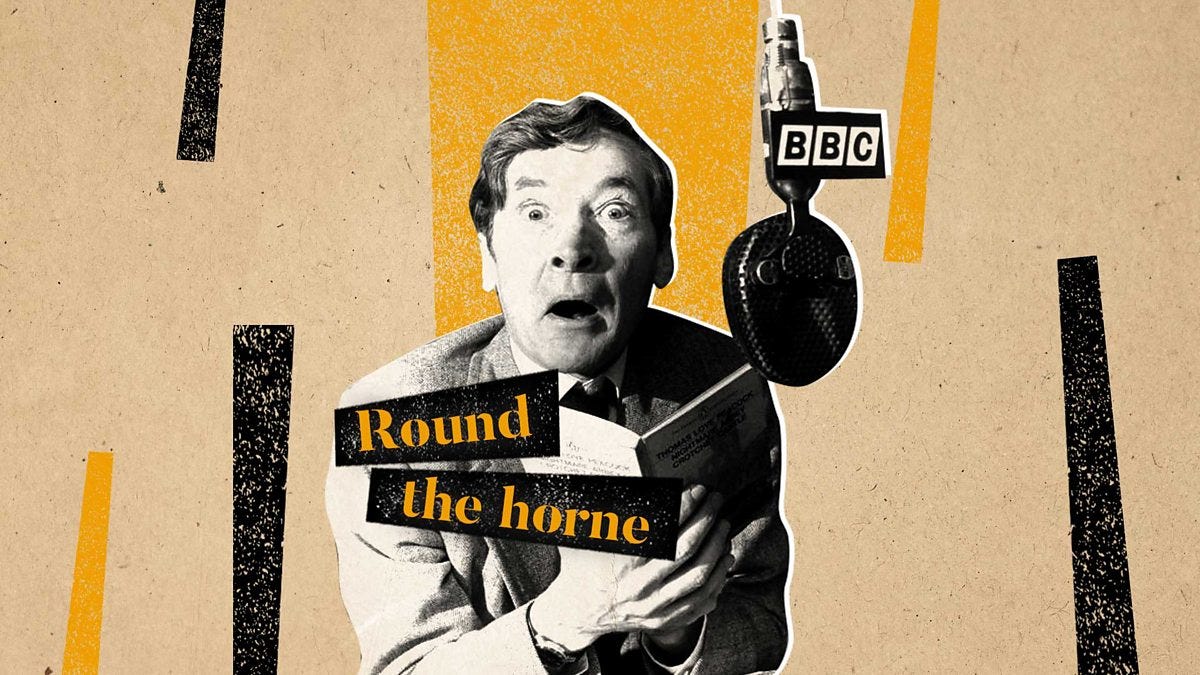
According to Baker,
“The popularity of Julian and Sandy should not be underestimated. Nine million listeners a week was a substantial proportion of the British population and the programme was clearly critically acknowledged too. Perhaps it is only coincidence that Round the Horne won the Writers’ Guild of Great Britain Award for the best comedy script in 1967, the same year homosexuality was decriminalised. Whatever the reason, it was certainly viewed as being part of the zeitgeist, further evidence that the public were ready to accept the change to the law rather than protesting en masse.”
Baker, Paul. Fabulosa! The Story of Polari, Britain’s Secret Gay Language (p. 205). Reaktion Books. Kindle Edition.
The following YouTube playlist includes popular clips from the radio show.
Despite its decline in the 1970s, the cultural impact and legacy of Polari continue to be felt today. In recent years, there has been a resurgence of interest in the language and its history, and efforts are being made to preserve and celebrate its legacy. For example, there have been various events and exhibitions dedicated to showcasing the cultural significance of Polari, and there are also initiatives to document and archive the language and its usage.
Polari has also had an impact on the representation of LGBTQ+ communities in popular culture. The language and its use provided a way for gay men to express themselves and connect with others who shared their experiences. This representation helped to bring LGBTQ+ experiences and identities into the mainstream and to challenge negative stereotypes and stigmatisation. By showcasing the language and experiences of gay men, Polari has helped to promote a more nuanced and diverse representation of the LGBTQ+ community in popular culture.
Preservation
Despite declining in popularity in the 1970s, Polari has since been rediscovered and is now the subject of renewed interest, with many efforts underway to revive and preserve the language for future generations.
One of the ways that Polari is being preserved is through the creation of new resources and materials that explore the language and its cultural significance. For example, dictionaries and lexicons of Polari have been created, providing a comprehensive reference for those interested in learning about the language. Additionally, many online communities have been established to connect people who are interested in Polari and to provide a platform for discussion and exploration of the language and its cultural significance.
Another way that Polari is being preserved is through its use in various forms of entertainment. In recent years, there has been a resurgence of interest in Polari and its cultural significance, with many writers, performers, and artists using the language in their work. This has helped to bring the language back into the mainstream and to ensure that it remains an important part of LGBTQ+ culture and history.
Efforts to preserve Polari are also being made by organisations and institutions that are dedicated to preserving LGBTQ+ cultural heritage. For example, the British Library has established a collection of material related to Polari, including recordings, manuscripts, and printed materials. This collection serves as a valuable resource for scholars and researchers who are interested in exploring the history and cultural significance of Polari.
The revival of Polari has also been driven by the efforts of LGBTQ+ activists and advocates who recognize the importance of preserving the language and its cultural significance. Many of these activists and advocates see Polari as an important part of LGBTQ+ history and culture, and they are working to ensure that the language is not forgotten or lost. For example, events and exhibitions dedicated to Polari have been held, providing an opportunity for people to learn about the language and its cultural significance.
Polari on Film
Finally, I invite you to watch the following short film, Putting on the Dish. Written and directed by Drian Bairbairn and Karl Eccleston it is a conversation between two men speaking in Polari. Though it may be hard to understand, I think it’s a great example of a language that kept people safe, brought communities together and is a legacy proving that homosexuality has always been part of our lives, whether or not it was confined to the shadows.

Thanks for reading! Please consider following!

